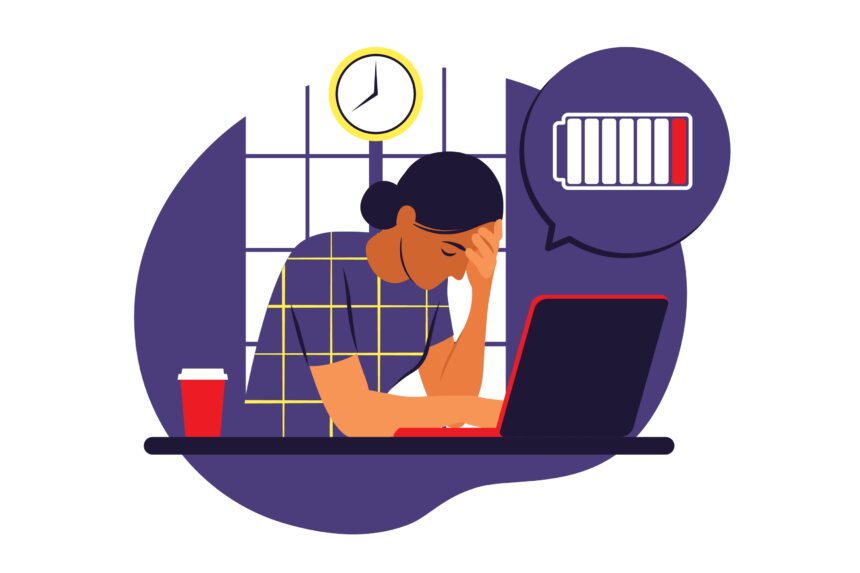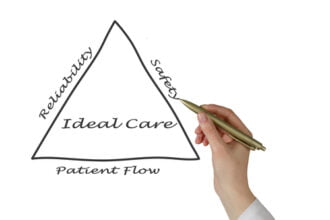In today’s workplace, mental health is more important than ever. With the rise of stress and anxiety in the workplace, it’s crucial that employers provide training to support workplace mental health. Not only will this help employees stay healthy and productive, but it will also reduce absenteeism and lack of engagement. It’s more important than ever to make sure that your workplace is doing everything it can to support employees’ mental health. Training is one way to do just that.
Develop Content With Positive Messaging
When employees feel like they’re being supported and valued, they’re more likely to be productive and engaged. Make sure your training content reflects your company’s commitment to supporting employees’ mental health. When it comes to mental health at work, it is important to remember that effective content can make all the difference.
Adopting a positive and engaging tone can help to improve employees’ overall well-being and encourage better mental health practices. Whether through articles, videos, or other forms of media, here are some key tips for developing content with positive messaging:
- Focus on the benefits of healthy behaviors: Rather than simply highlighting the negative effects of stress and poor mental health, emphasize how actions like getting enough sleep, eating a balanced diet, and staying active can positively impact mood and productivity.
- Use engaging visuals and language: Whether you’re writing blog posts or posting on social media, be sure to use attention-grabbing images and upbeat language that will resonate with audiences. This can help to recast serious topics like depression in a more encouraging light while also encouraging good habits.
- Encourage collaboration and engagement among your followers: By facilitating spaces where people can share their own thoughts and ideas on mental health topics, you can help to create a sense of community around these issues while also empowering individuals to take action in their own lives.
Provide Leadership
Another way to use training to support workplace mental health is by providing leadership training that focuses on emotional intelligence. Emotional intelligence is the ability to be aware and understand emotions, both in yourself and others. It’s a critical skill for leaders who want to create a mentally healthy workplace. By providing training that helps leaders develop their emotional intelligence, you can help create a workplace where employees feel supported and valued.
Allow Everyone to Express Themselves
It’s important to create a training environment where everyone feels comfortable expressing themselves. When employees feel like they can be open and honest about their feelings, they’re more likely to feel supported and valued. Create an environment where employees feel like they can openly discuss their mental health without fear of judgment or reprisal.
Learn to Appreciate Those Dealing With Grief
Grief can have a major impact on our mental health, both at work and at home. When someone is going through the grieving process, they may feel overwhelmed by sadness, confusion, or anger. These emotions can take a toll on their ability to focus at work or manage their personal relationships.
The key to recovering from grief is to learn how to appreciate those who are dealing with it while also taking care of yourself. For example, one strategy that can help you cope with grief in the workplace is to reach out to others for support. Whether this means sharing your feelings with trusted coworkers or simply taking more breaks throughout the day, this small gesture can make a big difference in your mental well-being. Meanwhile, you should also take time each day to engage in self-care activities that promote relaxation and calmness, such as practicing yoga or journaling.
Investing in trauma therapy training can help your counselors or mental health experts help employees facing trauma cope with their loss. Trauma therapy certification programs can provide individuals with valuable tools and techniques for healing from past trauma.
Endnote
Mental health is an important issue that affects us all, both at home and in the workplace. Unfortunately, mental health problems often go undiagnosed and untreated, often with negative consequences not just for the individual but also for their friends, family members, co-workers, and employers. This is why it is so important to promote mental health at work.
By increasing awareness and understanding of mental health issues, and by providing resources for handling these issues effectively, we can help to create a more supportive environment where all workers can thrive. Not only does promoting mental health at work benefit individual employees, but it also benefits the company as a whole by improving productivity and reducing stress-related absences.










